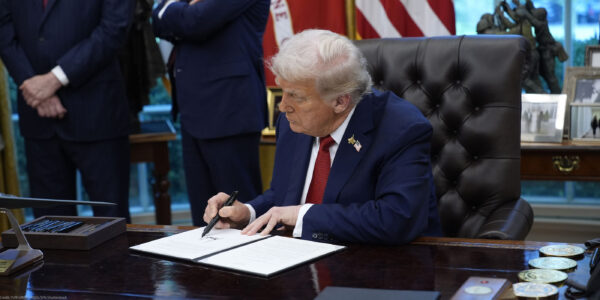Today was the deadline for the Obama Justice Department to request a full panel hearing of Mohamed v. Jeppesen, the extraordinary rendition case that we won before a three-judge panel of the 9th Circuit in April. And sure enough, they asked.
We're disappointed.
Ben Wizner, staff attorney with the ACLU National Security Project who successfully argued the case in February on behalf of the plaintiffs, said in statement today:
The Obama administration has now fully embraced the Bush administration's shameful effort to immunize torturers and their enablers from any legal consequences for their actions. The CIA's rendition and torture program is not a 'state secret'; it's an international scandal. If the Obama administration has its way, no torture victim will ever have his day in court, and future administrations will be free to pursue torture policies without any fear of liability.
April's 9th Circuit decision (PDF) reversed a lower court dismissal of the lawsuit against Jeppesen Dataplan, a Boeing subsidiary, which the ACLU brought on behalf of five men who were kidnapped and secretly transferred to U.S.-run prisons or foreign intelligence agencies overseas where they were interrogated under torture. The suit charges that Jeppesen knowingly participated by providing critical flight planning and logistical support services to aircraft and crews used by the CIA to forcibly disappear these five men to detention and interrogation.
The Bush administration had intervened, improperly asserting the "state secrets" privilege to have the case thrown out. The appeals court ruled, as the ACLU has argued, that the government must invoke the state secrets privilege with respect to specific evidence, not to dismiss the entire suit.
Last week, Ben, who is counsel in the Jeppesen case, testified before a House Judiciary Committee subcommittee in favor of H.R. 984, State Secrets Protection Act of 2009, which would help narrow the overly-broad executive power. Among other things, the bill would help check executive branch's power by ensuring judges conduct a preliminary review of the "confidential" information before reaching a decision.
You can learn more about the case at www.aclu.org/jeppesen. So stay tuned. The court has to agree to a full panel (also known as "en banc") hearing, first.


